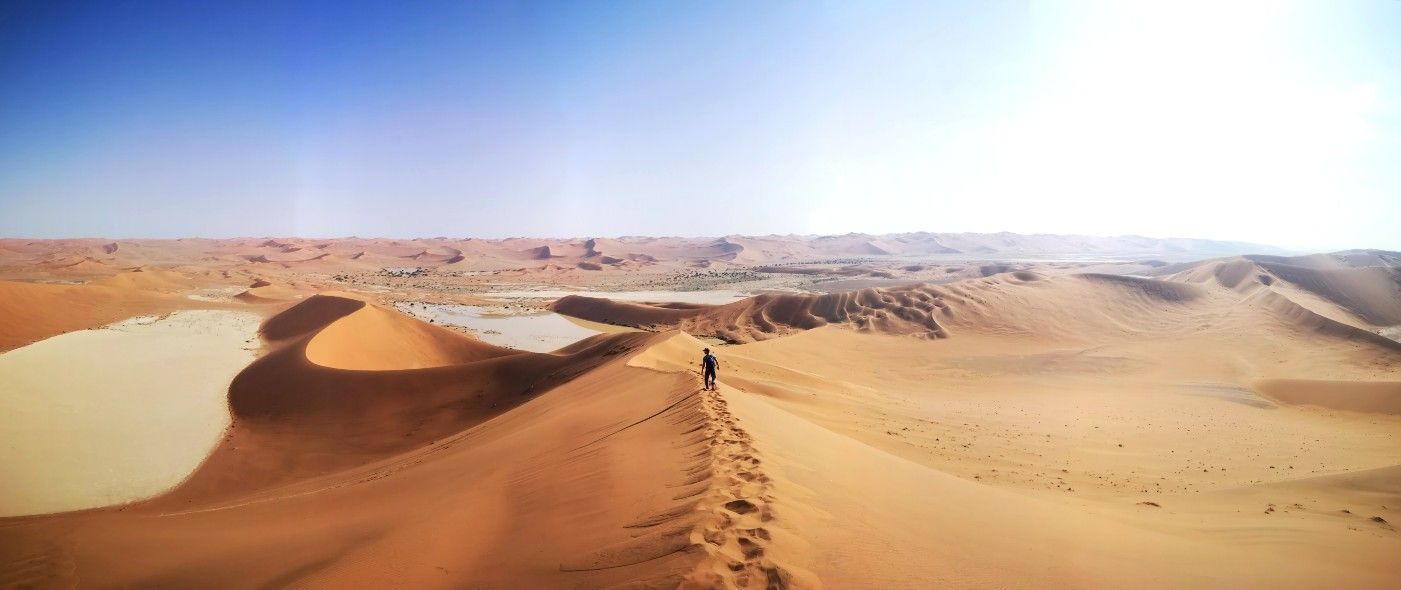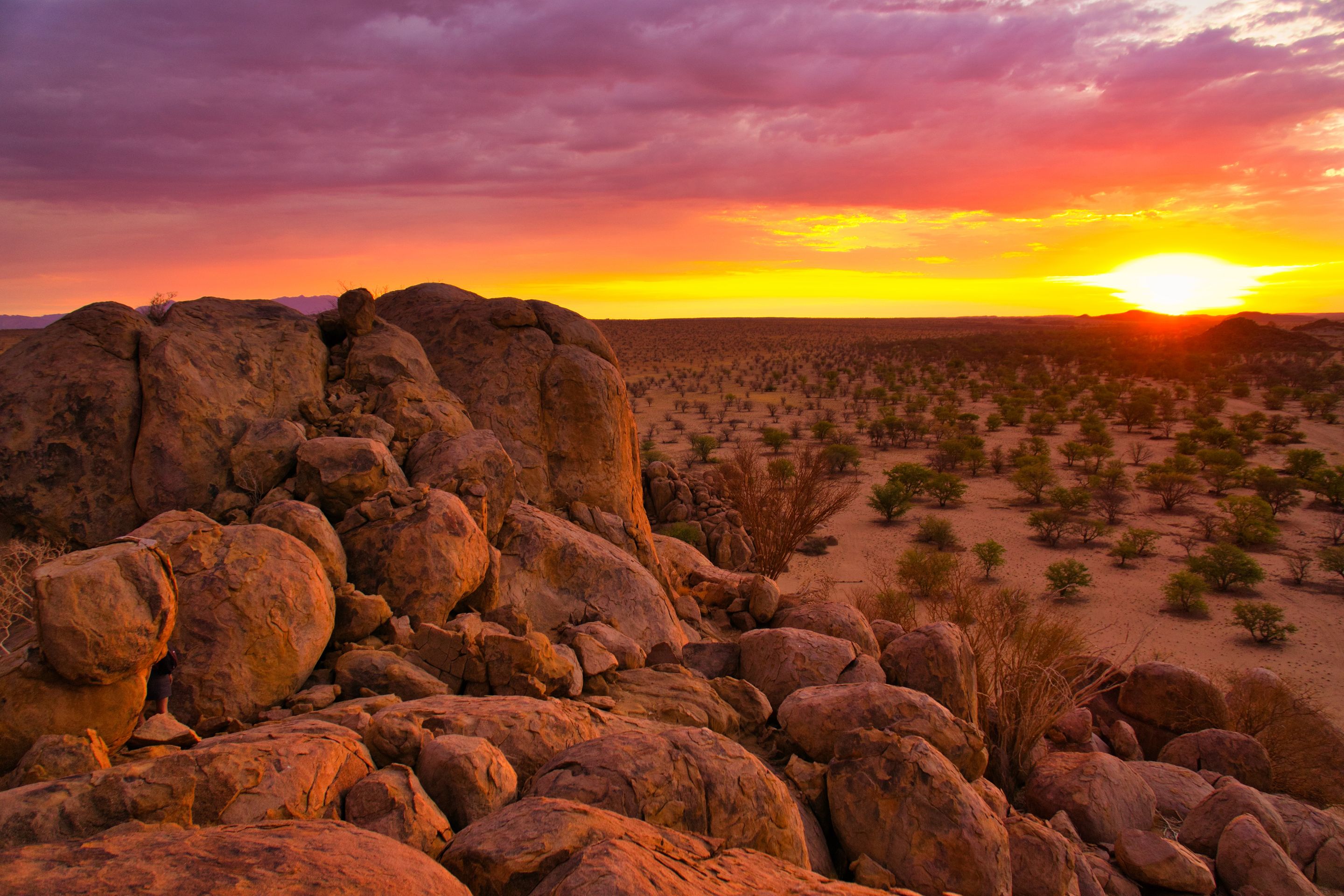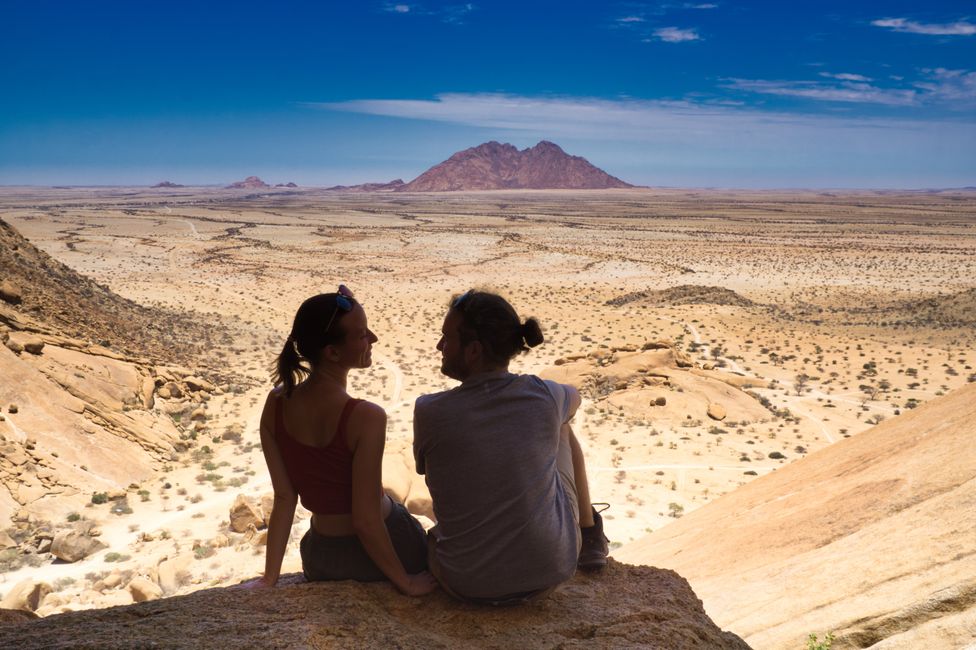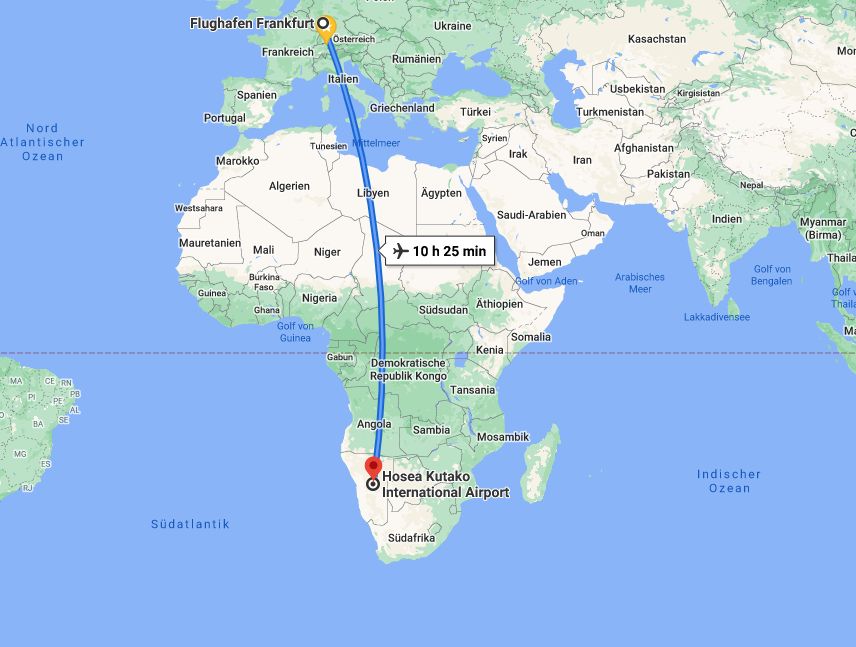Windhoek
ପ୍ରକାଶିତ |: 20.11.2021
ସମ୍ବାଦପତ୍ରକୁ ସବସ୍କ୍ରାଇବ କରନ୍ତୁ |
With just over 300,000 inhabitants, Windhoek is considered a cozy city by German standards - about the same size as our previous home, Freiburg. However, that's where the similarities end. While we had a beautiful, green environment in the Black Forest in Freiburg, with parks, the Dreisam river, and small lakes shaping the cityscape, there is nothing like that here. The highlights seem to be a pretty colonial church, the Christ Church, and the modern Independence Memorial Museum, while an old town or similar is nowhere to be found. The multi-lane streets at least give a hint of a big city feeling, but that disappears as soon as you reach the city limits after a fifteen-minute drive. The surroundings we passed on the way from the airport to the capital are rather barren, vast, and very dry. Not a trace of green trees or signs of water. Upon further reflection, we realize that this is the first city we've visited that is not located near any body of water.
All in all, we honestly can't find much to love about the capital city at the moment, but that may change with our next visit.
At least it is very well-suited for an uneventful arrival in Africa, unlike some other metropolises.
Here, we pick up our rental car and stock up on supplies for the next few weeks. In the big supermarkets, we not only find all the necessary groceries but also all the German brands that our German expat hearts desire. Whether we really need to import spiced speculoos or wine sauerkraut from the good&cheap brand to Namibia is another question, but it seems to be well-received by the approximately 22,000 German-Namibians.
Everywhere you go, you hear the German language. Sometimes you even get approached by complete strangers of European appearance speaking German. Many of the German-Namibians of German descent have been living here for several generations, after the German South West Africa colony existed here between 1884 and 1915. We will also dedicate ourselves to the fascinating and intense history of Namibia, which unfortunately is not taught enough in German history lessons, in the coming weeks. At the moment, we are still in the process of extensively informing ourselves about the cultures, languages, and historical realities of the country and learning more every day. It is only when you leave your own little 'bubble' that you realize how much you still don't know and have to learn.
ସମ୍ବାଦପତ୍ରକୁ ସବସ୍କ୍ରାଇବ କରନ୍ତୁ |
ଉତ୍ତର

ଭ୍ରମଣ ରିପୋର୍ଟ ନାମିବିଆ


